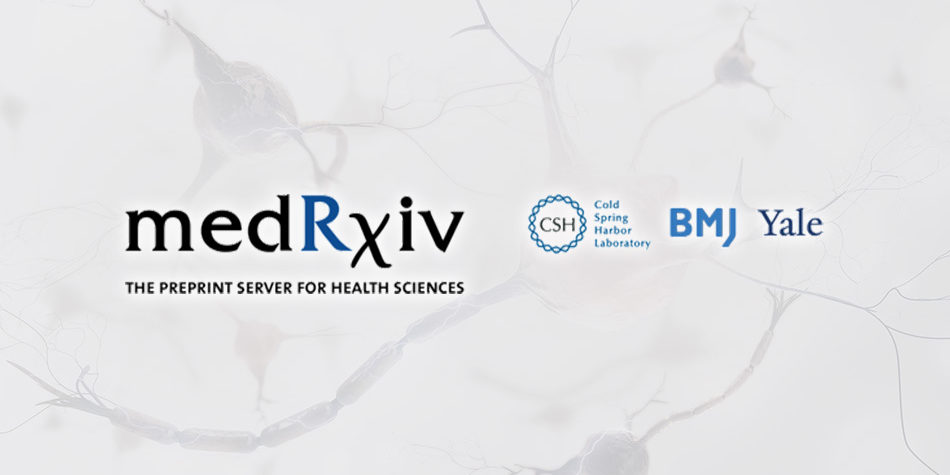COVID-19 can exponentially precipitate life-threatening emergencies as witnessed during the recent spreading of a novel coronavirus infection which can rapidly evolve into lung collapse and respiratory distress (among other various severe clinical conditions). Our study evaluates the performance of a tailor-designed deep convolutional network on the tasks of early detection and localization of radiological signs associated to COVID-19 on frontal chest X-rays. We also asses the frameworks capacity in differentiating the above-mentioned signs, which are usually confused with the more usual common bacterial and viral pneumonias. Open-source chest X-ray images categorized as Normal, Non-COVID-19 and COVID-19 pneumonias were downloaded from the NIH (n=2,259), RSNA (n=600) and HM Hospitales (n=2,307). Our algorithmic framework was able to precisely detect the images with COVID19- related radiological findings (mean Accuracy: 90.5%; Sensitivity: 80.6%; Specificity: 98.0%), whilst correctly categorizing images deemed as Non-COVID-19 pneumonias (mean Accuracy: 88.4%; Sensitivity: 93.3%; Specificity: 92.0%) and normal chest X- rays (mean Accuracy 92.1%; Sensitivity: 91.8%; Specificity: 94.3%). The associated results show that our AI framework is able to classify COVID-19 accurately, making of it a potential tool to improve the diagnostic performance across primary-care centres and, to grant priority to a subset of algorithmic selected images for urgent follow-on expert review. This would sensibly accelerate diagnosis in remote locations, reduce the bottleneck on specialized centres, and/or help to alleviate the needs on situations of scarcity in the availability of molecular tests.
Link: https://www.medrxiv.org/content/10.1101/2020.05.19.20106336v1
Download pdf: https://www.medrxiv.org/content/10.1101/2020.05.19.20106336v1.full.pdf





